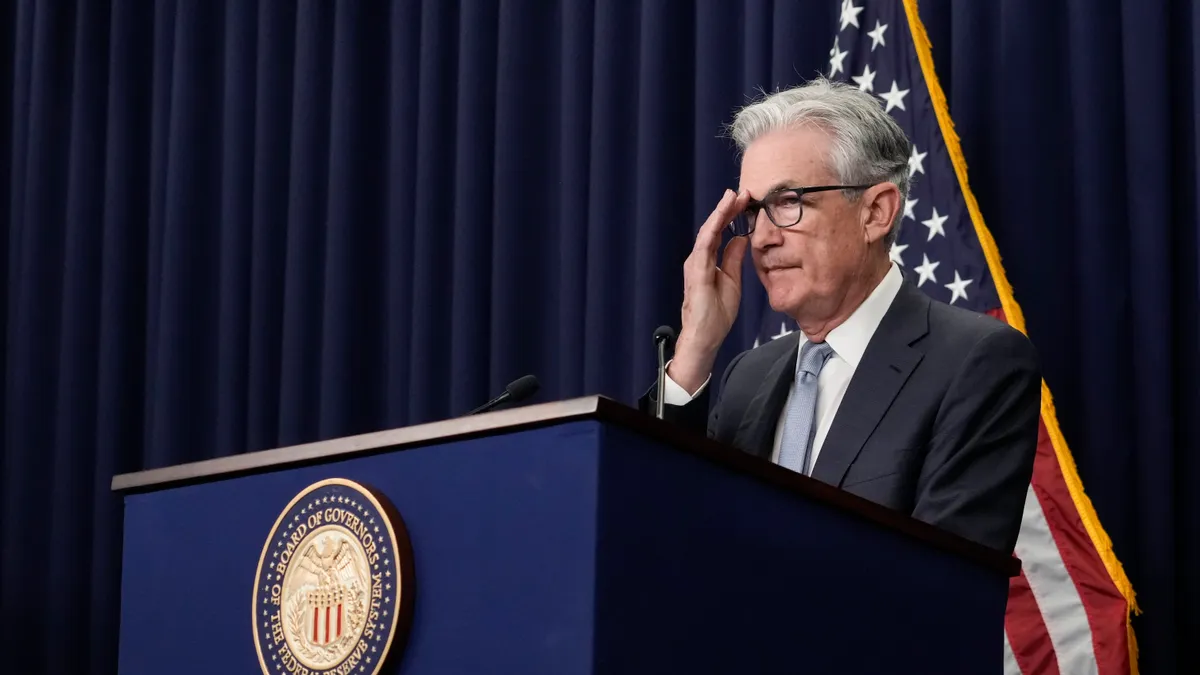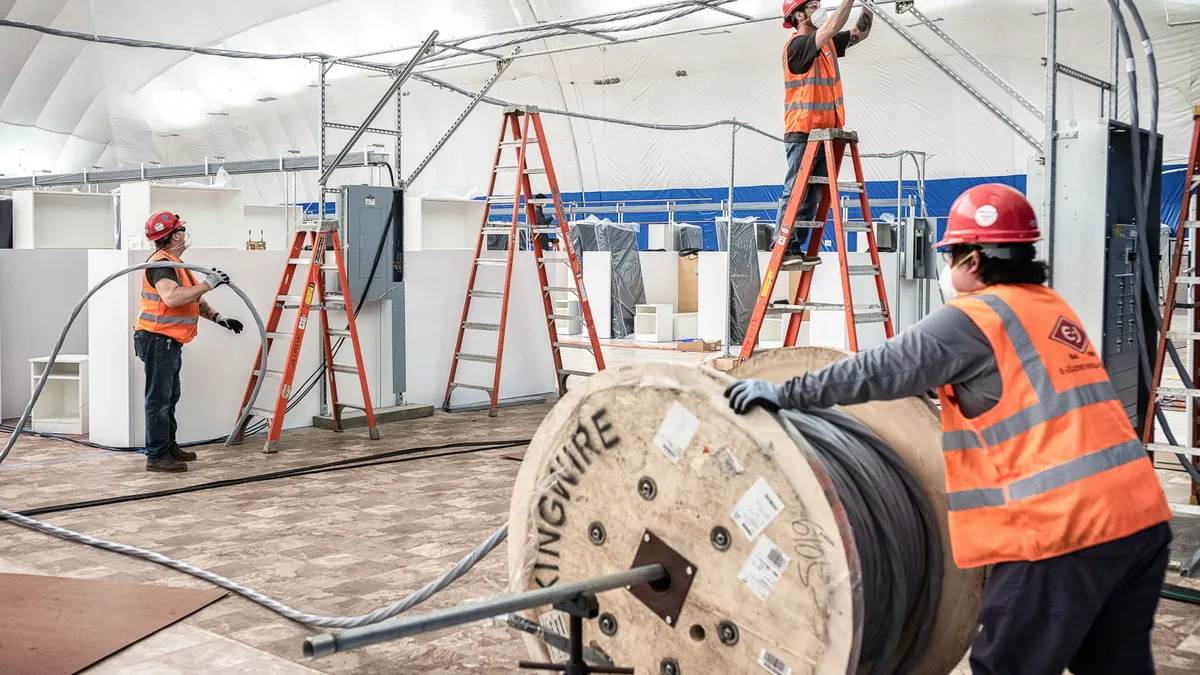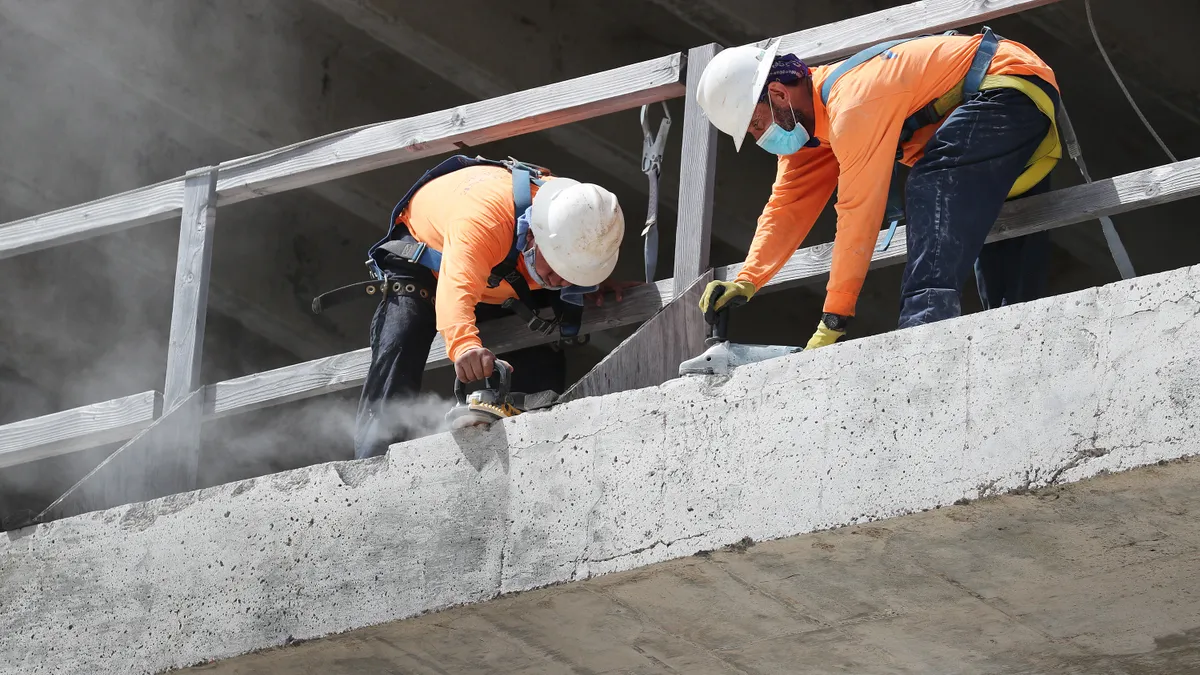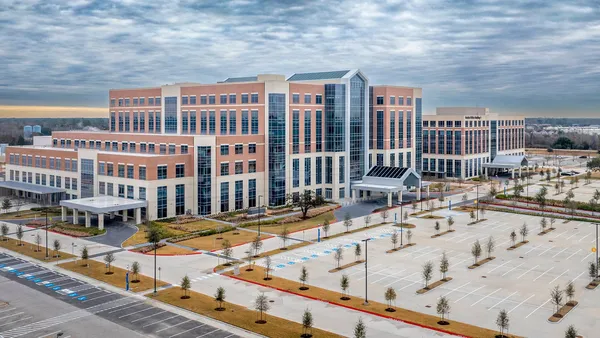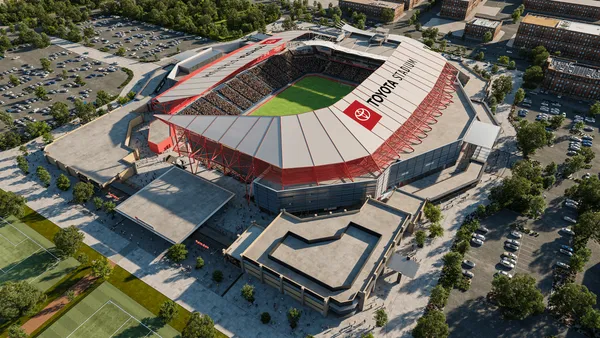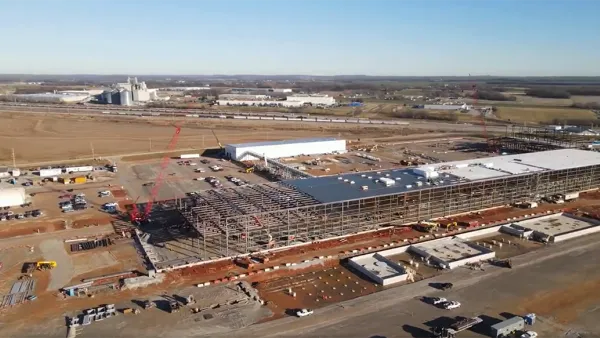Dive Brief:
- Associated Builders and Contractors Chief Economist Anirban Basu said the Federal Reserve's tightening policy to fight inflation will likely drive the economy into recession either later this year or at some point in 2023.
- In the association's monthly release on construction material costs, Basu pointed to construction input prices that are up 21.4% from a year ago, while nonresidential construction input prices were 21.9% higher. Overall construction costs rose 2.3% in May compared to the previous month, according to an ABC report.
- Those cost increases largely stemmed from supply-side issues, such as the war in Ukraine, rising energy prices and manufacturing and distribution issues in the supply chain. "But what the Federal Reserve most directly affects is demand for goods and services, not supply," Basu said in his statement.
Dive Insight:
Basu's warning reiterated his earlier prediction this year of a pending recession, when he argued that policy makers had misread the severity and duration of inflationary pressures. Now, he said those missteps could dog contractors for three more years.
“Based on the historical lag between the performance of the economy and nonresidential construction spending, more difficult times could be ahead for contractors in 2024 or 2025,” said Basu. “Looking at the most recent reading of ABC’s Construction Confidence Index, contractors are already seeing momentum slow. The likely exception is public contractors, who will continue to benefit from stepped-up infrastructure spending.”
The triple threat of rising prices, supply chain issues and labor shortages continue to stand in the way of strong demand.
For example, ABC’s Construction Backlog Indicator, which measures jobs contractors have booked but haven't started working on yet, increased to nine months in May, its highest level since September 2019, six months before the onset of the pandemic. The construction industry’s otherwise positive outlook largely stems from that healthy backlog, according to Dodge Data & Analytics.
But growing odds of a recession are dampening that positive outlook.
The Biden administration and Federal Reserve have publicly conceded they made mistakes in their handling of inflation since the pandemic began, according to the Wall Street Journal.
And ABC’s Construction Confidence Index readings for sales, profit margins and staffing levels declined in May. That’s a reflection of lingering, worsening supply chain challenges, said Basu.
“Inflationary pressures show no signs of abating. For months, economists and others have been expecting inflation to peak and then subside,” said Basu in his statement. “Elevated energy prices are now circulating across the economy, affecting manufacturing and distribution, and there is little prospect for inflation to meaningfully subside during the weeks ahead.”
The Federal Reserve, in turn, will tighten monetary policy and raise interest rates, but that will suppress demand over the rest of the year, said Basu. Eventually, suppliers will then respond to diminished demand. That dynamic will “quite likely drive the economy into recession either later this year or at some point in 2023,” said Basu.
On Wednesday, the Fed took another step in that direction, raising a key interest rate by 0.75 percentage points, its largest hike in 28 years.



